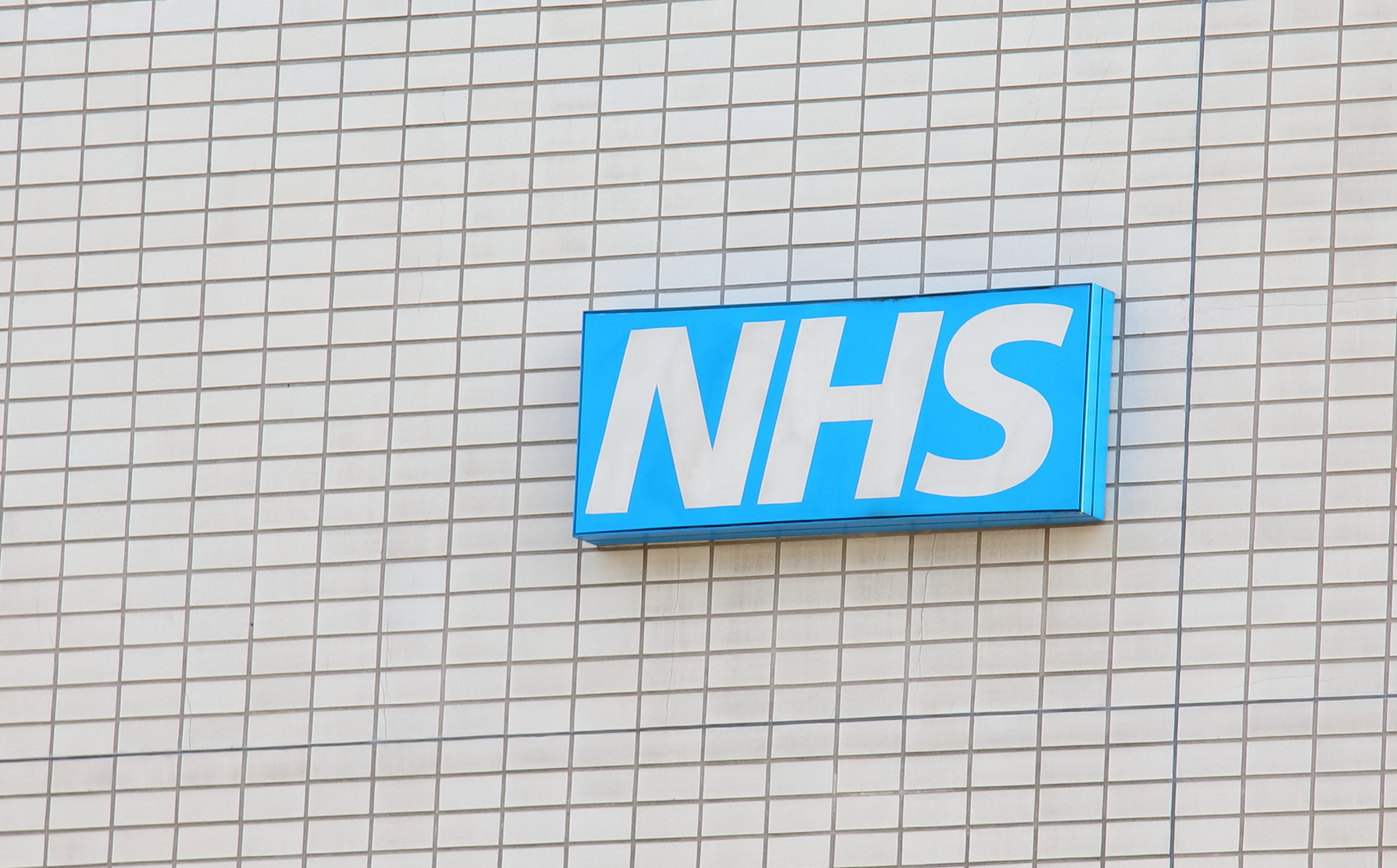‘Clear risk’ UK joining Pacific trade deal will raise drug prices for NHS
Trans-pacific partnership (CPTPP) has limited economic benefits but ministers are desperate for a win

Your support helps us to tell the story
From reproductive rights to climate change to Big Tech, The Independent is on the ground when the story is developing. Whether it's investigating the financials of Elon Musk's pro-Trump PAC or producing our latest documentary, 'The A Word', which shines a light on the American women fighting for reproductive rights, we know how important it is to parse out the facts from the messaging.
At such a critical moment in US history, we need reporters on the ground. Your donation allows us to keep sending journalists to speak to both sides of the story.
The Independent is trusted by Americans across the entire political spectrum. And unlike many other quality news outlets, we choose not to lock Americans out of our reporting and analysis with paywalls. We believe quality journalism should be available to everyone, paid for by those who can afford it.
Your support makes all the difference.There is a "clear risk" that joining a major Pacific trading agreement will raise drug prices for Britain's NHS, peers have warned.
Ministers have said they want Britain to joint the so-called trans-pacific partnership (CPTPP) – a major trading bloc that includes countries like Vietnam, Australia, and Mexico.
But a report by the cross-party House of Lords International Agreement Committee found that there were "limited" economic benefits from joining CPTPP.
While peers accept that there could be unknown upsides down the line to joining the bloc, they warned that its possible "marginal economic benefits" also had downsides.
Chiefly, the peers said there was evidence that the terms of joining the agreement would make it harder for the NHS to use cheap generic drugs.
"Throughout the Negotiating Objectives, [the government] makes clear that 'the NHS, its services and the cost of medicine are not on the table'," the report says.
"Yet we received evidence of a potential conflict between Article 18.53 and the UK’s current system of market authorisation of generic and biosimilar drugs.
"We find that two CPTPP provisions on intellectual property are particularly problematic, raising the possibility of significant economic damage to the UK’s patent industry, and higher prices paid by the NHS for generic medicines and biosimilars."
They add: "While the Negotiating Objectives make clear that the Government will ensure that the terms of UK accession are consistent with the UK’s IP interests, and the price the NHS pays for medicines are not on the table, we have not yet been given an indication of how this could be achieved."
The peers also warn that joining CPTPP will make it harder for the UK to set its own regulations in the future, in contrast with government claims.
And they took evidence suggesting it could make it harder to "justify bans of certain products and measures based on the precautionary principle for agriculture and food standards".
Labour shadow international trade secretary Emily Thornberry said: "At some stage, the government will need to stop its reckless, headlong pursuit of CPTPP accession, and deal with some of the entirely sensible and reasonable concerns that have been raised about what signing up to that treaty will mean, including this latest report from the Lords committee.
“As things stand, the government is not planning to make any demands or seek any exemptions to reflect the UK's interests during the accession process, and that surely cannot be the right way to approach any negotiation, let alone one as significant as this."
Since hopes of a US trade deal faded last year the government has increasingly talked up the prospect of joining the trans-Pacific partnership to try and undo some of the damage caused by Brexit.
The Independent revealed earlier this month that all the trade deals signed by Boris Johnson since Brexit would make up for just one part in 178 of the economic damage government policy has inflicted in UK trade.
But the government is desperate for a win on trade, with supposed Brexit benefits so far few and far between.
Asked about the Lords report, a spokesperson for the Department for International Trade said: “We will not make changes to our intellectual property regime that would lead to increased medicines costs for the NHS, or sign trade deals that compromise the UK’s world leading IP regime.
“With a joint GDP of £8.4 trillion and 500 million customers, the CPTPP is one of the biggest economies in the world and will open up unparalleled opportunities for British businesses.
“The UK is a global leader in environmental and animal welfare standards and acceding to CPTPP will not undermine our high standards.”
But Baroness Hayter, chair of the House of Lords International Agreements Committee, said: “Overall, we found that immediate economic benefits of CPTPP membership are limited, but the agreement may open opportunities for collaboration and deeper relations in the Asia-Pacific region.
“The marginal economic benefits in the medium term must be set against some clear risks to UK interests within the existing agreement."
She added: "In particular, there are significant concerns in relation Intellectual Property protections, where CPTPP clauses clash with existing UK law. Accepting these could force the UK out of the European Patent Convention, from which our companies benefit, and increase costs to the NHS of generic medicines.
“There are similar concerns over food standards, given the contradictions between the UK's precautionary approach and CPTPP's science-based approach to regulation.
“If we cannot negotiate safeguards in these areas, then the economic gains from CPTPP accession could be severely curtailed, or disappear entirely. The biggest question, which the Government must answer, is whether carve-outs from any obligations at odds with UK interests will be on the table.”
Join our commenting forum
Join thought-provoking conversations, follow other Independent readers and see their replies
Comments